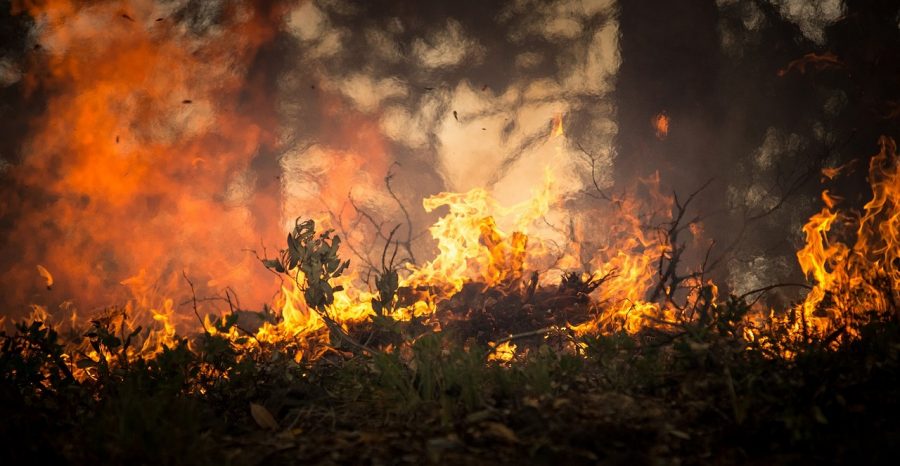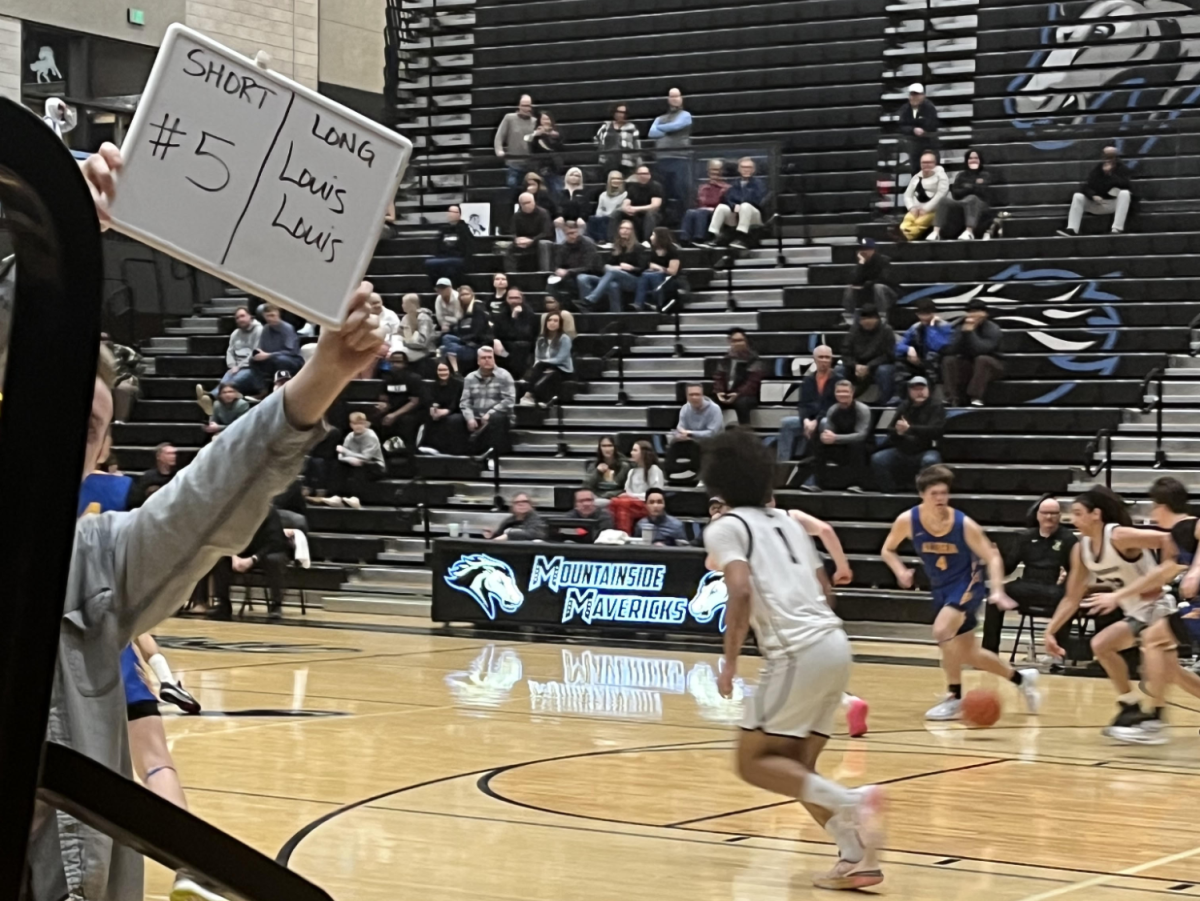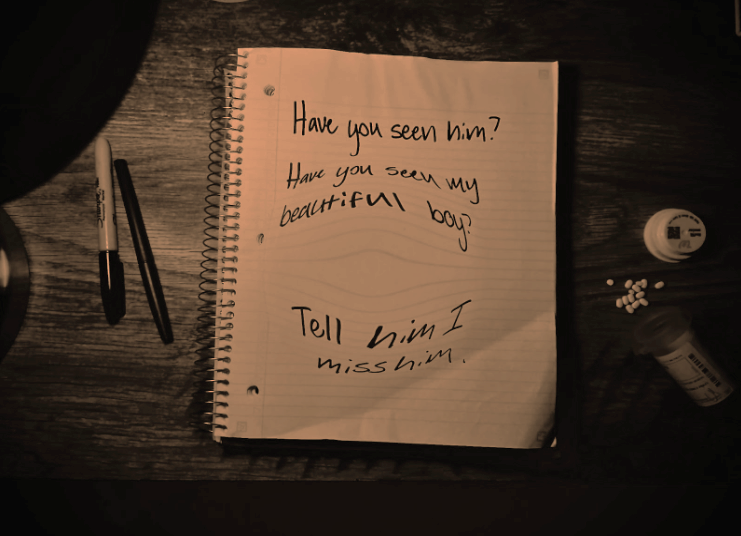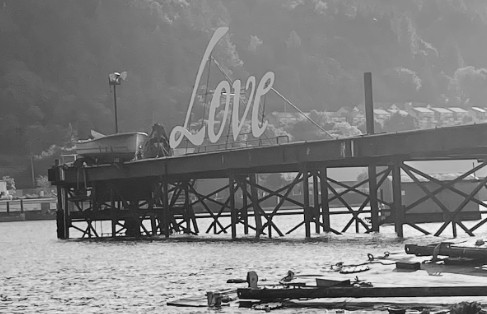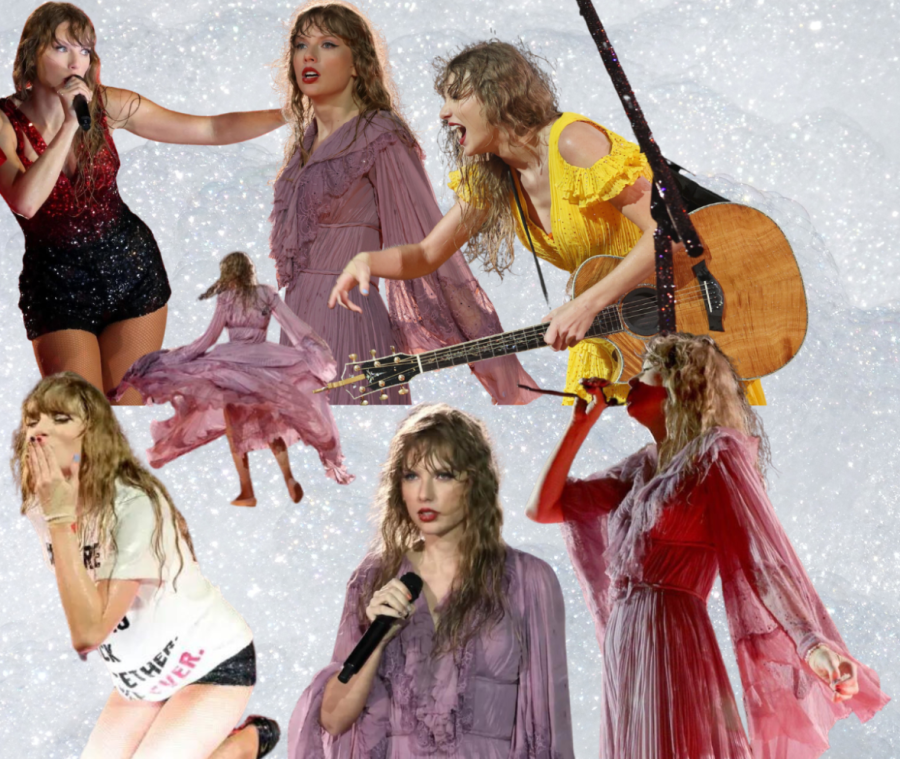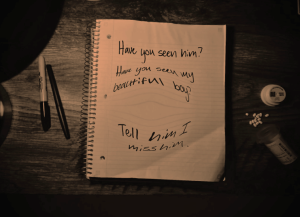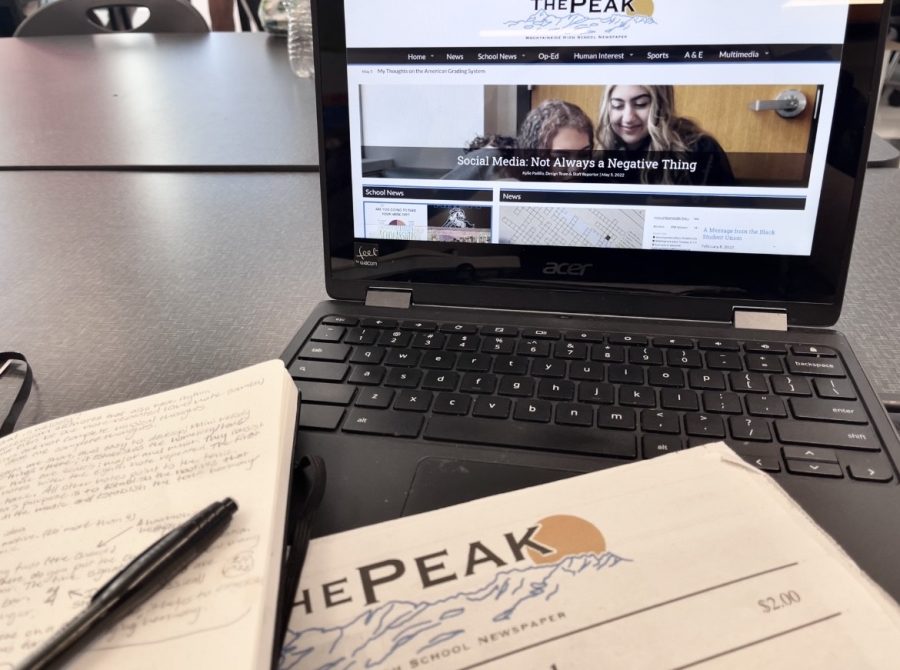Global Warming Isn’t The Only Cause of Wildfires — Our Culture May Be, Too
October 19, 2020
It’s an observable, undeniable fact: Annual wildfires are becoming disturbingly common on the west coast.
For weeks, Oregonians saw their state go up in flames once again as the Beachie Creek fires ravaged Marion and Clackamas county and blanketed the whole state in smoke. The air quality index shot up to suffocating 200s and 300s that indicated very unhealthy to hazardous quality. Some zip codes experienced controlled blackouts. But most notably, and most terrifyingly, thousands had to evacuate their homes as their neighborhoods were placed under level 3 evacuation protocols.
Rebecca Callahan is a nurse at Mary’s Woods in Lake Oswego, OR. Mid September, she had to evacuate her home with her husband, leaving behind a dog and a cat, as her Hillsboro neighborhood was told, “the fire was only about 2 miles away from their homes.”
When asked what it felt like to have to leave her house at 3 AM due to the proximity of such devastating forces of nature, Callahan replied that it was, “Kinda scary. I wasn’t in fear that we were going to be engulfed in flames while we were leaving, but once we were gone I was more afraid of what we were going to come back to.”
Thankfully, many institutions rose to the occasion in order to assist those displaced, like Callahan. As a matter of fact, our very own Mountainside High School contributed to the relief efforts. According to the school’s Instagram page, it operated as “a Red Cross evacuation site for around 40 folks affected by the fire,” from approximately the 9th to the 10th of September.
Efforts like these that show how unified our community can be cannot be understated—according to Mountainside’s instagram page, within the same day the school had “enough donations to feed hundreds.”
With displays of community unification like that, it could make one wonder, can these disasters be helped before they ever begin?
Because, the cause of the Beachie Creek fires remains to be seen. The obvious answer is that it’s a natural consequence of global warming—The UCSUSA writes that factors like earlier snowmelts and higher temperatures that result in dry soil and a buildup of flammable wood, make the entire west coast a match waiting to be struck. But as a community, as a society, we collectively need to address the impact individual human decisions are having on these fires, often even starting them.
The haze that preceded the Beachie Creek fires blew up from Northern California, a result of what the New York Times referred to as “an elaborate plan to reveal a baby’s gender” gone “disastrously wrong.” The 2017 Eagle Creek fire that ravaged approximately 50,000 acres of land, as reported by The Columbian, was caused by a teen’s reckless behavior with illegal fireworks in one of Oregon’s many forested areas.
It’s easy to want to pin the blame for these travesties solely on the individual. Too easy. We have to acknowledge the role social media has played in both encouraging such risk taking behavior in the name of attention, and downplaying the drastic, and disastrous results it can have.
Rather than have people suffer consequences after their mistakes have ruined dozens of hundreds of lives, the United States should develop a culture that more actively discourages dramatic displays of reckless behavior. Stop blowing up those videos you see of egregious gender reveal parties and fireworks gone wrong. Suppress the encouragement of those actions before they go a step too far. If communities could come together the way the Mountainside High did all across the country, perhaps we could prevent these tragedies before they occur.
After all, this is the sort of issue that needs to be addressed socioculturally, and less so on an individual level. The destructive power of a wildfire cannot be downplayed; they leave environments ruined for decades and wreck family homes, turning years upon years of history and memories to ash and dust.
It’s time we, as a society, step up and more vehemently work to prevent this kind of behavior from escalating to a natural disaster level. We have to commit to doing better. To being better.



